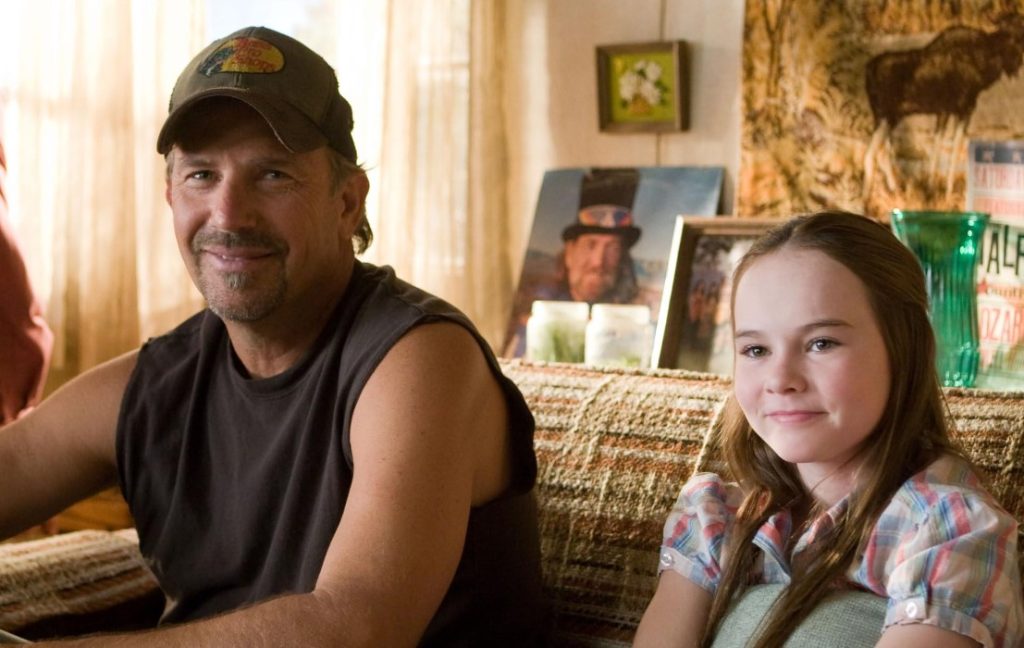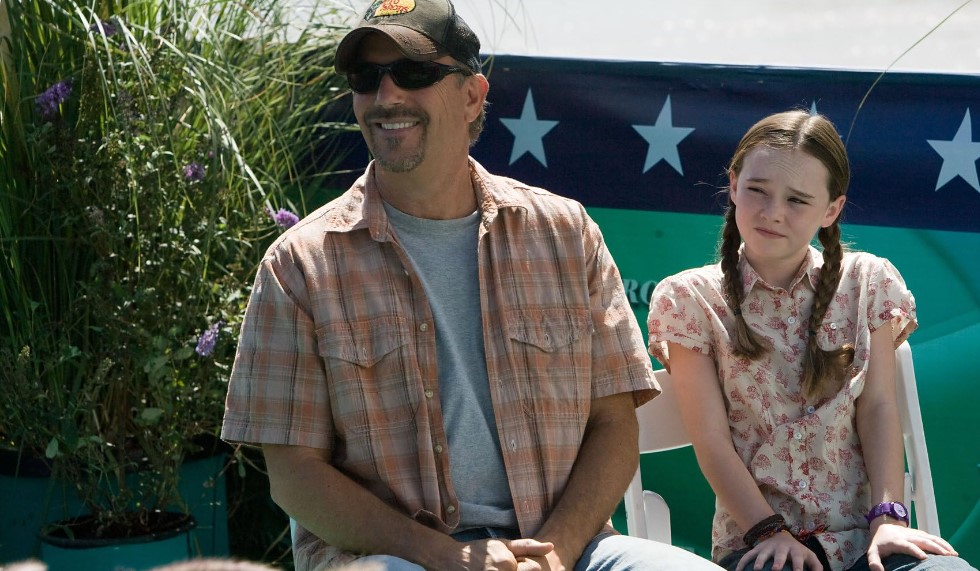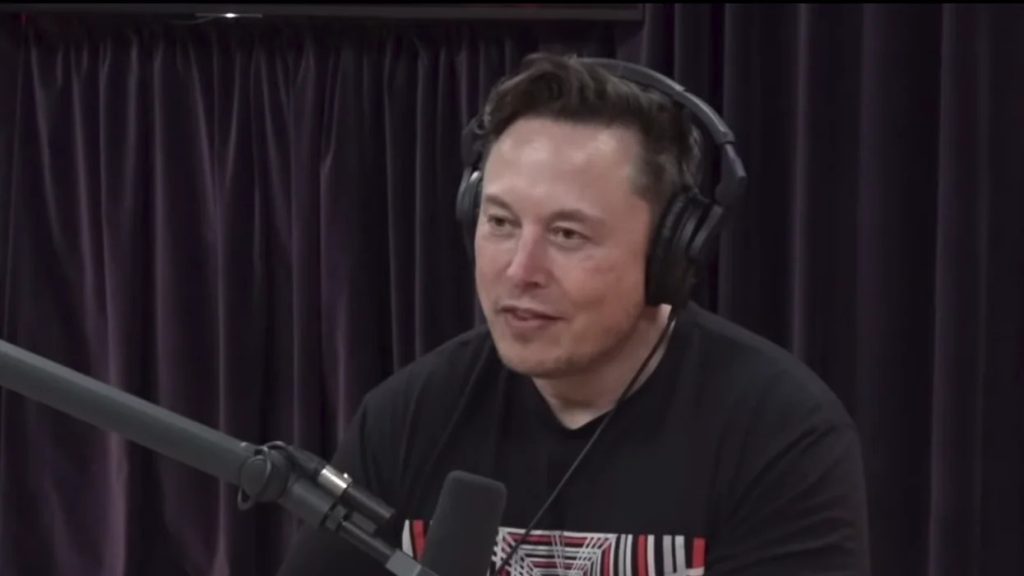Every vote counts! It’s a phrase we’ve all heard a million times, but how true is it really? In theory, it’s built on the idea that every vote counts. But in practice, not everyone participates. Kevin Costner, known for his iconic roles in Dances with Wolves and Field of Dreams, is no stranger to delivering powerful messages through film.
But in his 2008 comedy Swing Vote, Costner’s character, Ernest ‘Bud’ Johnson, is far from the idealistic hero. He’s a rough-around-the-edges, down-on-his-luck single dad who doesn’t care about politics—until his daughter sneaks into a polling station to cast his vote for him, ultimately making him the deciding factor in a tightly contested presidential election.

When Swing Vote was released in 2008, Costner’s words about the apathy of the rich toward voting reflected a broader reality. At the time, it wasn’t uncommon for the wealthiest individuals to remain somewhat detached from the democratic process of voting.
However, now we find a sharp contrast in the political engagement of the super-rich. Elon Musk, perhaps the world’s most high-profile billionaire, has become a stark example of how much things have changed.
Kevin Costner’s Swing Vote & the Myth of Billionaires Staying Out of Politics
For decades, we’ve witnessed the rich and powerful remain largely on the sidelines during elections, using their fortunes to sway decisions behind the scenes rather than through the ballot box. And in 2008, Kevin Costner, in his political comedy Swing Vote, made a similar observation that stuck: “Billionaires don’t vote.”
Swing Vote was more than just a quirky film about the chaos that surrounds a single vote—it was an invitation to reflect on our own roles in the democratic process. Costner’s character, Bud, represents a portion of the electorate that feels powerless, disconnected, or simply uninterested in politics. The movie makes the bold point that while many of us are distracted by the day-to-day grind, others, like Bud, ignore the responsibility that voting brings. The actor admitted (via HuffPost):
It’s an American comedy. We’ve got a very big premise, which is that somehow the election winds itself down to a single vote in a swing state — New Mexico — to a single little county called Texaco, where there’s about 400 voters. And a single vote has been cast that hasn’t been counted properly.

Costner’s character in Swing Vote, Bud Johnson, is an apathetic, hard-drinking man whose life is turned upside down when his vote becomes the deciding factor in a presidential election. During the interview, he said that the issue of not voting isn’t limited to one specific group of people. Rather, it spans across all socioeconomic classes, from the wealthy to the working class, to even the underprivileged:
It’s not just the ne’er-do-wells that don’t vote. It cuts across every economic strata. Billionaires don’t vote. Journalists don’t vote. Single mothers don’t vote. It’s not just one group.
At the time, this observation seemed plausible, even obvious. The richest people in the world often seemed detached from the political process. Their voices were heard through donations, media influence, and policy-making—but not necessarily through their vote. But fast forward to today, and the landscape looks very different.
Elon Musk’s Loud and Proud Support for Donald Trump
In recent years, Elon Musk has dispelled the myth that billionaires typically stay on the sidelines in political conflicts. As one of the most vocal supporters of former President Donald Trump in 2024, the 53-year-old CEO of Tesla and SpaceX has become a key figure in shaping the political landscape.

But it’s a stark departure from Musk’s previous public stances. In 2007, he was a vocal supporter of Barack Obama, donating thousands to his campaign and even criticizing Trump in 2016 (via News Week). But today, it’s clear that Musk’s political evolution is tied to his vision of the future—and his vision requires a very specific kind of leadership.
Musk’s decision to back Trump isn’t just about political loyalty—it’s about what he perceives as the future of American innovation. As the CEO of Tesla and SpaceX, Musk has made deregulation his battle cry. In his eyes, the current regulatory landscape is strangling the future of technology and entrepreneurship. “Voting for Trump is voting for Mars!” Musk boldly declared on X, adding:
For Musk, Trump’s platform promises a government less inclined to interfere with his companies’ growth, particularly in the realm of space exploration. With plans to establish a multi-planetary civilization, the former is convinced that a second Trump term could usher in the regulatory freedom needed to make this dream a reality.
Ergo, Musk’s political engagement signals a seismic shift. Whether it’s to defend his business empire or push for policies he believes will secure a more innovative future, he is a participant. And as Costner said in Swing Vote, that’s what democracy is all about!
Swing Vote is streaming on Amazon Prime Video.

